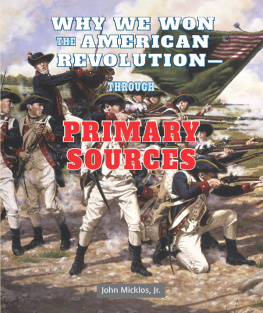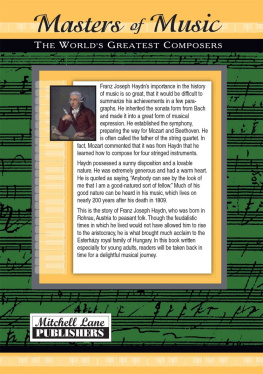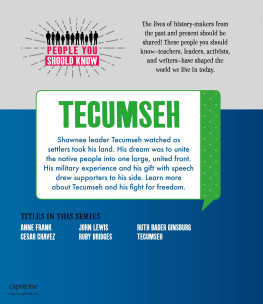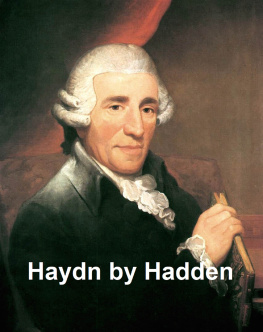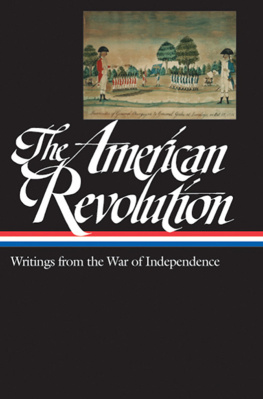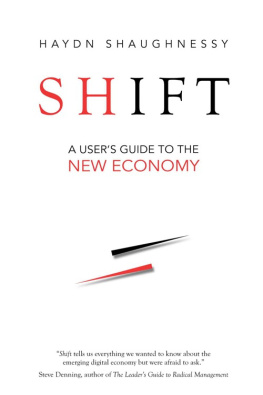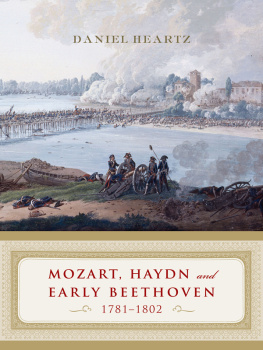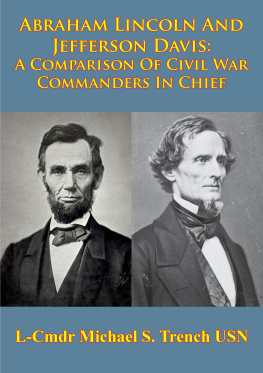
This edition is published by PICKLE PARTNERS PUBLISHINGwww.picklepartnerspublishing.com
To join our mailing list for new titles or for issues with our books picklepublishing@gmail.com
Or on Facebook
Text originally published in 2001 under the same title.
Pickle Partners Publishing 2014, all rights reserved. No part of this publication may be reproduced, stored in a retrieval system or transmitted by any means, electrical, mechanical or otherwise without the written permission of the copyright holder.
Publishers Note
Although in most cases we have retained the Authors original spelling and grammar to authentically reproduce the work of the Author and the original intent of such material, some additional notes and clarifications have been added for the modern readers benefit.
We have also made every effort to include all maps and illustrations of the original edition the limitations of formatting do not allow of including larger maps, we will upload as many of these maps as possible.
COMMANDERS-IN-CHIEF OF THE AMERICAN WAR FOR INDEPENDENCE A Leadership Study of George Washington and Sir William Howe
MAJOR HAYDN JOHN WHITE, ROYAL MARINES
TABLE OF CONTENTS
Contents
TABLE OF CONTENTS
REQUEST FROM THE PUBLISHER
Abstract
Leadership is an intensely studied subject, and a considerable number of models exist. By reviewing four leadership theories, two German, one British, and one American, a model developed that contained the enduring interrelated tenets of courage, judgment, determination, integrity, vision, and luck. George Washington displayed considerable ability in all these. He had tremendous courage both in battle and in his conviction of a victorious outcome of the war. His judgment above the tactical level was exceptional, and, from limited resources, he developed a standing army and a defensive military strategy, both of which became the cornerstone of victory. He continually frustrated the British. Throughout all the stresses of the war, Washington remained a man of integrity while pursuing a vision of a free and fair republic. His lack of resources forced him to be unconventional. This he achieved by seeking out as much information as possible, so that every favorable opportunity could be exploited and every unfavorable one avoided. William Howe displayed a limited ability in all the aforementioned tenets. Although brave, he lacked the moral conviction required to prosecute an aggressive military campaign. His tactical judgment was good, if ponderous, but he failed to develop this into operational or strategic success. In particular, he failed to focus to destroy Washingtons army. Consequently, his efforts lacked tenacity, and he became distracted while showing limited integrity by setting a poor example. His focus became purely his army, rather than his area of responsibility as a whole. His limited vision was consistently complicated by his dual role as both military leader and diplomat, and he failed to address either with vigor. His frustration saw him use slow and conventional tactics which were unsuited to the circumstances, while he consistently failed to exploit his opportunities.
EXECUTIVE SUMMARY
Thesis: The leadership of George Washington and Sir William Howe had a significant impact on the formative years of the American War for Independence. As Commanders-in-Chief between 1775 and 1778, what were the characteristics of their leadership, and how did this effect the prosecution of the war?
Discussion: Leadership is an intensely studied subject, and a considerable number of models exist. By reviewing four leadership theories, two German, one British, and one American, a model developed that contained the enduring interrelated tenets of courage, judgment, determination, integrity, vision, and luck.
George Washington displayed considerable ability in all these. He had tremendous courage both in battle and in his conviction of a victorious outcome of the war. His judgment above the tactical level was exceptional, and, from limited resources, he developed a standing army and a defensive military strategy, both of which became the cornerstone of victory. He continually frustrated the British. Throughout all the stresses of the war, Washington remained a man of integrity while pursuing a vision of a free and fair republic. His lack of resources forced him to be unconventional. This he achieved by seeking out as much information as possible, so that every favorable opportunity could be exploited and every unfavorable one avoided.
William Howe displayed a limited ability in all the aforementioned tenets. Although brave, he lacked the moral conviction required to prosecute an aggressive military campaign. His tactical judgment was good, if ponderous, but he failed to develop this into operational or strategic success. In particular, he failed to focus to destroy Washingtons army. Consequently, his efforts lacked tenacity, and he became distracted while showing limited integrity by setting a poor example. His focus became purely his army, rather than his area of responsibility as a whole. His limited vision was consistently complicated by his dual role as both military leader and diplomat, and he failed to address either with vigor. His frustration saw him use slow and conventional tactics which were unsuited to the circumstances, while he consistently failed to exploit his opportunities.
Conclusion: Leadership has common interrelated tenets. Washington consistently demonstrated sound to good ability in all these areas, whereas Howe consistently demonstrated mediocre to poor ability. The areas of particular strength for Washington were those of particular weakness for Howe. This allowed an army of limited resources to consistently frustrate the British and keep the revolution alive.
PREFACE
As a Royal Marine, military leadership has always fascinated me. Furthermore, attending the United States Marine Corps Command and Staff College as the only United Kingdom representative has stimulated my interest in the leaders of the American War for Independence. This was an intriguing conflict in which a relatively small and newly raised American force managed to sustain, and eventually win, the fight against the largest army the British had ever deployed. The names of the American leaders live on, particularly that of George Washington; however, the names of many of the British commanders have been consigned to the history books. I therefore decided to conduct a leadership case study of the period, comparing the American Commander-in Chief, George Washington, to perhaps the best known British Commander, Sir William Howe. As a tool for analysis a leadership model was constructed by reviewing four theories, and from these creating a model to apply to the two commanders. This application was focussed specifically on their military leadership during the period from the commencement of hostilities in April 1775 to Sir William Howes resignation in May 1778.
A considerable amount has been written about leadership, the American War for Independence, and the commanders concerned. The sources used for this study were all secondary, mainly 20th century biographical works and studies of the war. Ultimately, Washingtons leadership compared well to the model whereas Howes did not. Furthermore, the strengths and weaknesses of the two individuals combined to set the conditions in which the colonial revolutionaries could sustain their cause and eventually prove victorious.




